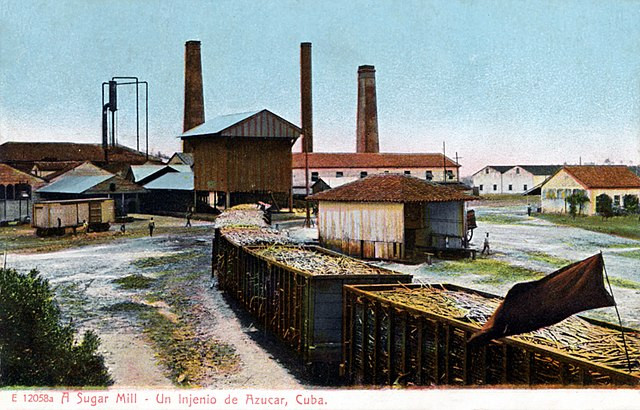Cuba faced its second nationwide blackout in as many days on Saturday morning, plunging millions of people into darkness and sparking further concerns about the island's crumbling energy infrastructure. The blackout came just hours after officials had reported slow progress in restoring power following a previous outage, signaling a worsening energy crisis.
"At 6:15 am, a new total outage occurred of the national electroenergetic system," read a statement on the official Telegram channel of the Cuba Electrical Union. "The Electric Union is working to reestablish it." The power company has been grappling with repeated failures, leaving much of the island's population without reliable electricity and exacerbating an already dire situation.
The crisis has left millions without essential services such as running water and refrigeration, with social media users in Cuba expressing their frustration over brief moments of restored power that flickered out almost as soon as it came back. The power outages threaten to deepen the country's struggles, as Cubans grapple with the consequences of prolonged energy shortages in a nation where daily life has already been disrupted by ongoing economic turmoil.
Saturday's blackout followed an island-wide shutdown of Cuba's electrical grid on Friday, which authorities attributed to the failure of one of the island's major power plants, the Antonio Guiteras thermoelectric facility. The Cuban energy ministry stated that other plants were operational, but the full scope of the outages remained unclear as calls seeking clarification went unanswered.
Cuban officials have pointed to a confluence of factors behind the collapse, including increased U.S. economic sanctions, disruptions from recent hurricanes, and the dilapidated state of the island's infrastructure. "We have been paralyzing economic activity to generate power for the population," said Prime Minister Manuel Marrero Cruz in a televised address on Thursday, which was itself delayed by technical difficulties.
Health Minister José Angel Portal Miranda said the country's health facilities were running on generators to ensure critical services continued. However, for most Cubans, generators are a luxury, and few could be heard running in Havana on Friday, where motorists attempted to navigate streets with non-functioning traffic lights and minimal police presence to direct traffic.
The power crisis prompted the government to implement emergency measures, including suspending classes, shutting down nightclubs and recreation centers, and advising "indispensable workers" only to report to their jobs. "The situation has worsened in recent days," Marrero admitted during his early morning address on Friday. "We must be fully transparent... we have been halting economic activities to ensure energy for the population."
Officials said 1.64 gigawatts of power went offline during peak hours on Thursday-about half of the total demand at the time-leaving the island struggling to meet its energy needs. Marrero, accompanied by Alfredo López, the head of the state-owned power company UNE, attributed the outages to increased demand from new small- and medium-sized enterprises, coupled with breakdowns in old, poorly maintained thermoelectric plants.
Marrero also pointed to a fuel shortage as a contributing factor, noting that the country was awaiting an influx of fuel from its state-owned oil company. "We are devoting absolute priority to addressing and solving this highly sensitive energy contingency," President Miguel Díaz-Canel wrote on social media platform X (formerly Twitter). "There will be no rest until its restoration."
The severity of the power outages has left many Cubans on edge, with residents on Thursday night forced to shutter their homes, relying on candles and lanterns. By Friday night, the situation showed little sign of improvement, with no clear timeline provided for the full restoration of power. Yasunay Pérez, a Havana resident, expressed her frustration, sarcastically remarking that she was ready to bathe in the sea if water supply services remained offline. "We can use all our survival skills," she said.
Even in a country accustomed to frequent blackouts amid an ongoing economic crisis, the current energy supply collapse is unprecedented in recent memory-save for major hurricanes, such as the one in 2022 that similarly crippled the grid. The latest outages are putting additional strain on an already fragile economy, raising fears of a prolonged crisis without immediate solutions in sight.




